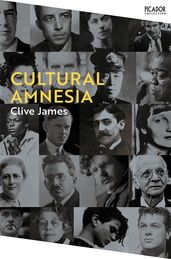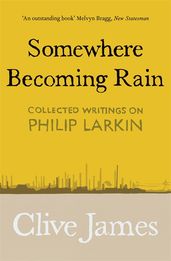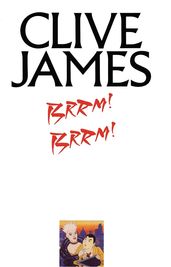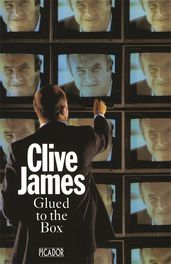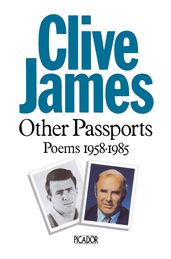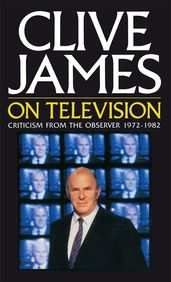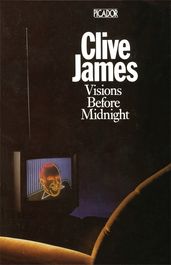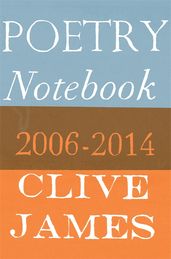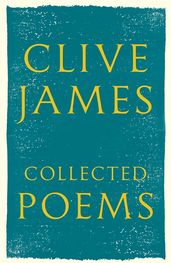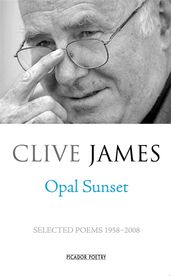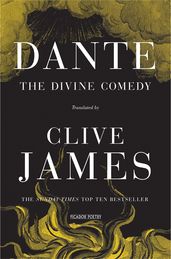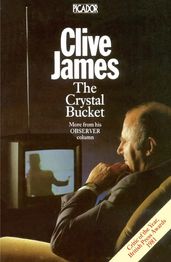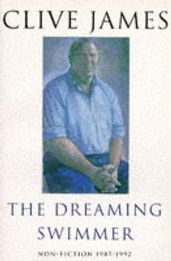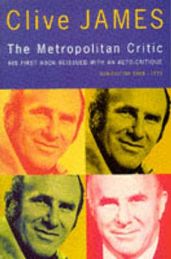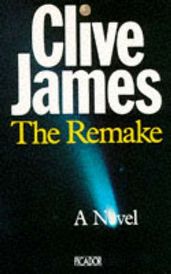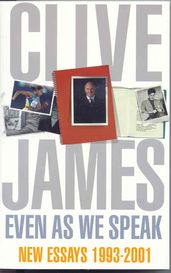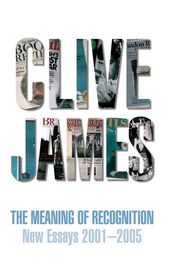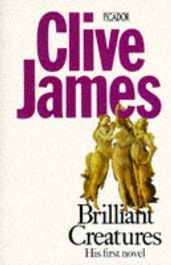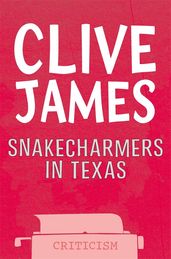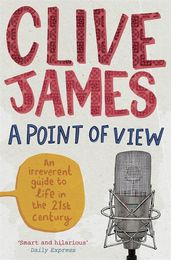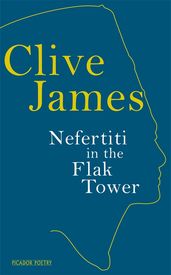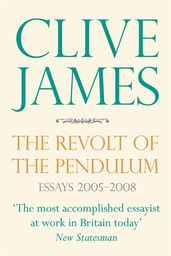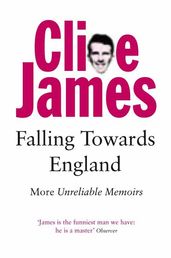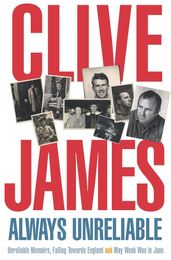Synopsis
Cultural criticism at its best, The Metropolitan Critic sees essayist, critic and poet Clive James mix high and pop culture commentary – from Tom Wolfe to Tom and Jerry, from Seamus Heaney to Oz magazine.
In 1974, The Metropolitan Critic started a new trend in cultural comment which has since become an orthodoxy. The young Clive James was the first journalist in London to talk about high culture and pop culture as if they were equally fascinating fields of endeavour, and he did it in an incomparably engaged, fluent, sparkling style.
Even at that early stage, the learning behind his literary high-wire act was formidable: a portent of the wide-ranging erudition that in subsequent years was to underpin the further volumes of critical prose and the television column that made him famous.
An extra delight of this edition is a set of self-critical footnotes which, combined with a nostalgic introduction, evoke what literary London was like when the author, low on salary but high on hope, was making his spectacular start.
Clive James (1939–2019) was a broadcaster, critic, poet, memoirist and novelist. His much-loved, influential and hilarious television criticism is available both in individual volumes and collected in Clive James On Television. His encyclopaedic study of culture and politics in the twentieth century, Cultural Amnesia, remains perhaps the definitive embodiment of his wide-ranging talents as a critic.
Praise for Clive James:
'The perfect critic' – A.O. Scott, New York Times
'There can't be many writers of my generation who haven't been heavily influenced by Clive James' – Charlie Brooker
'A wonderfully witty and intelligent writer' – Verity Lambert
Details
Reviews
This splendid collection of literary essays . . . the opening essay on Edmund Wilson is almost like a preliminary schema by which we are invited to judge the rest of the book. He demonstrates over and over again that he shares, in varying degrees, all the high qualities which he admires so much in Wilson . . . like any first-rate critic, he much prefers praising to blaming . . . Mr James is a very formidable metropolitan indeed
His escape from the tyranny of Good Plain English – a long twisting run which has brought him to his present position as one of the most highly readable commentators operating in the British Isles



